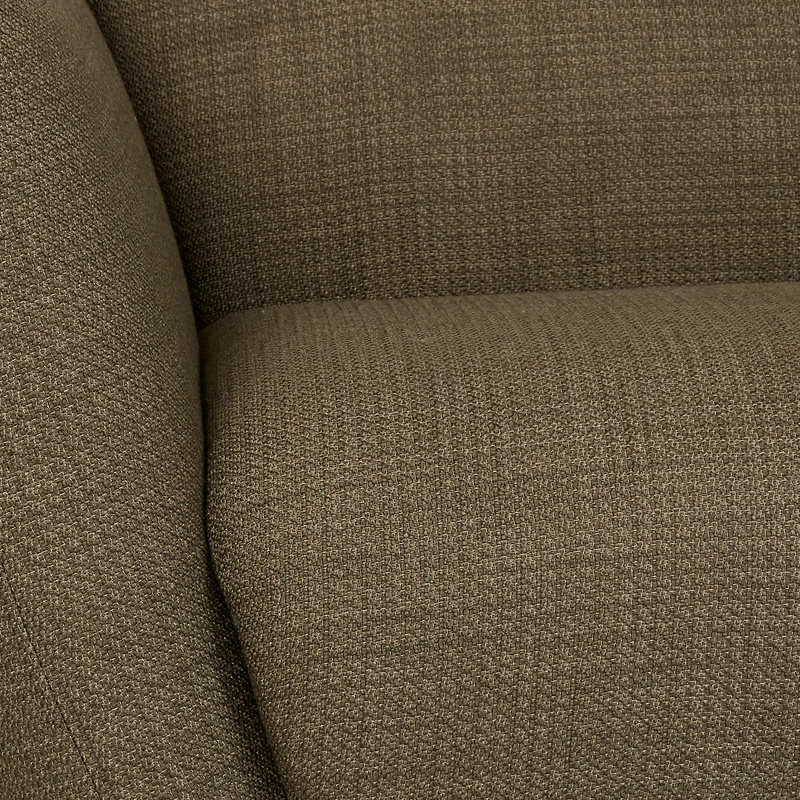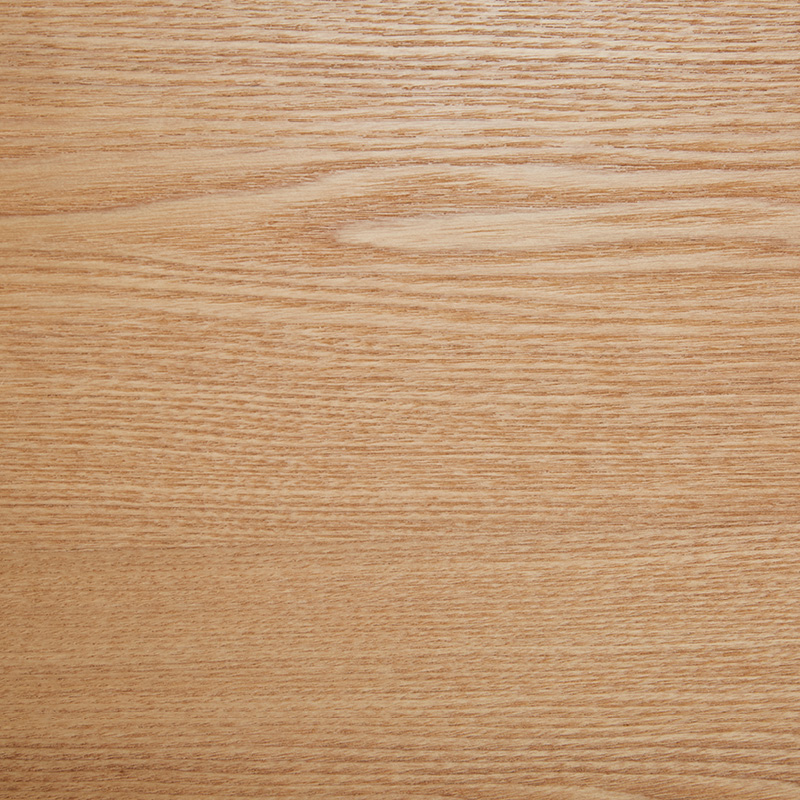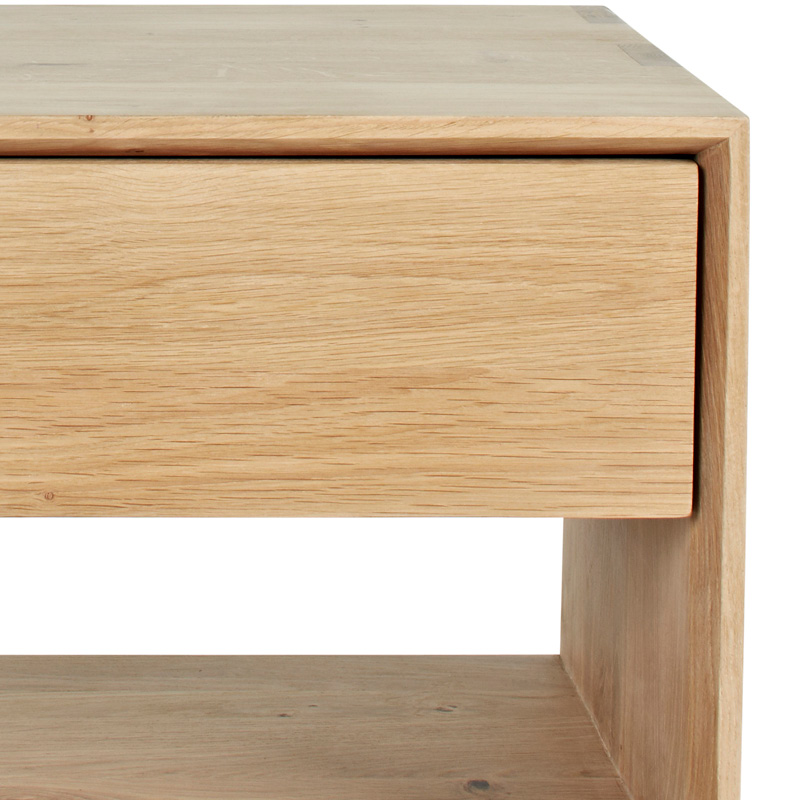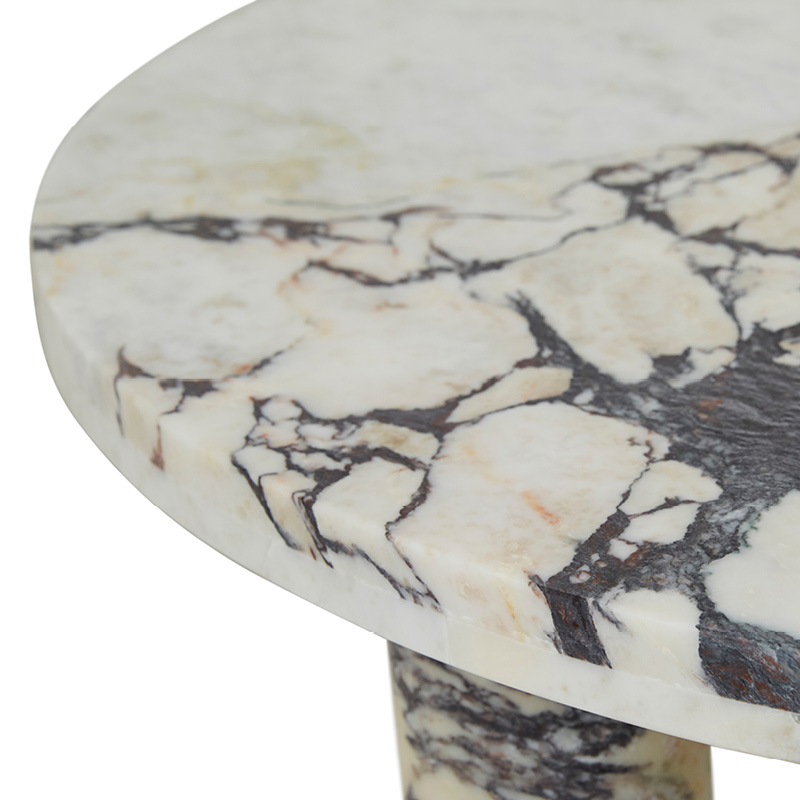

How to care for your Solid Oak furniture.
Oak wood has been used for furniture making for centuries. It is a strong, durable wood with a natural, warm tone that can readily take many finishes.
General Care
- Dust regularly with a microfibre cloth.
- For light cleaning, wipe the surface with a clean, damp cloth. Dry thoroughly with a microfiber cloth to prevent spotting.
- Timber is naturally porous and all spills should be cleaned immediately. Blot the spill with a lightly damp cloth, then dry thoroughly.
- The surface of your furniture should not come in contact with hot or moist/wet containers and materials. Use coasters, place mats, trivets, tablecloths and table runners to protect furniture surfaces from heat, stains and objects with abrasive finishes that may scratch your furniture.
- Do not let spills settle on the surface as the moisture from spills and sweating from cold liquids can be quickly absorbed and mark the surface.
- Do not leave objects in the same position on surfaces over long periods of time to prevent permanent discolouration.
- If you choose to polish your furniture with a product/solvent, always test it first on a small, inconspicuous area to trial how the timber will react.
Important Considerations
- Speak with your Designer to ensure the products selected are suitable for your specific environment as well as discuss the level of maintenance that will be needed.
- Most of our indoor solid timber furniture will be finished with a sealer for durability. The sealer used can vary from Water-based to Polyurethane (PU) with a varying degree of matt or gloss finish. To confirm what sealer has been used on a product, please refer to the Specifications tab on a Product Page or contact GlobeWest for more information.
- Solid Timber is a natural material and will display inherent variations in its grain pattern and colour. Its surface is affected by light and its character and colour will change over time.
- Solid Timber may expand and contract due to varying temperature and environmental conditions. This may cause small cracks where the timber joins. This is normal and not considered a fault or flaw, rather, it is a unique and beautiful characteristic of your piece.
- To minimise timber movement, solid furniture should not be placed in direct sunlight, or in heavily air-conditioned or climate-controlled areas. Do not place your solid timber furniture outside unless the item is specifically designed for outdoor use.
- Underfloor and slab heating can cause the bottom components of furniture to dry more rapidly than the top and can result in permanent damage. This can present as cracking, warping and/or bowing and will not be covered by warranty.
Usage Guidelines
- Push-to-Open hardware is fitted on some furniture pieces in our range. It is important to engage the hardware evenly to ensure smooth operation. Place two hands on each side of the drawer/door when opening and closing to ensure an even amount of pressure is applied. Misuse may cause the mechanism to jam or the runner to disengage and become damaged. This will not be covered by warranty.
- Furniture with hutch doors will use a Pneumatic (gas-lift) hinge and excessive force should not be used opening or closing. Hutch doors are not weight-bearing and should not be lent, kneeled or stood-on. Applying excessive force or weight may result in damage to the hardware and will not be covered by warranty.
- Do not open multiple drawers and doors on a furniture item at the same time. This can create a tipping hazard by moving the centre of gravity forward and making the furniture item unstable. To reduce the risk of tipping, install a wall tether to secure the furniture item.




